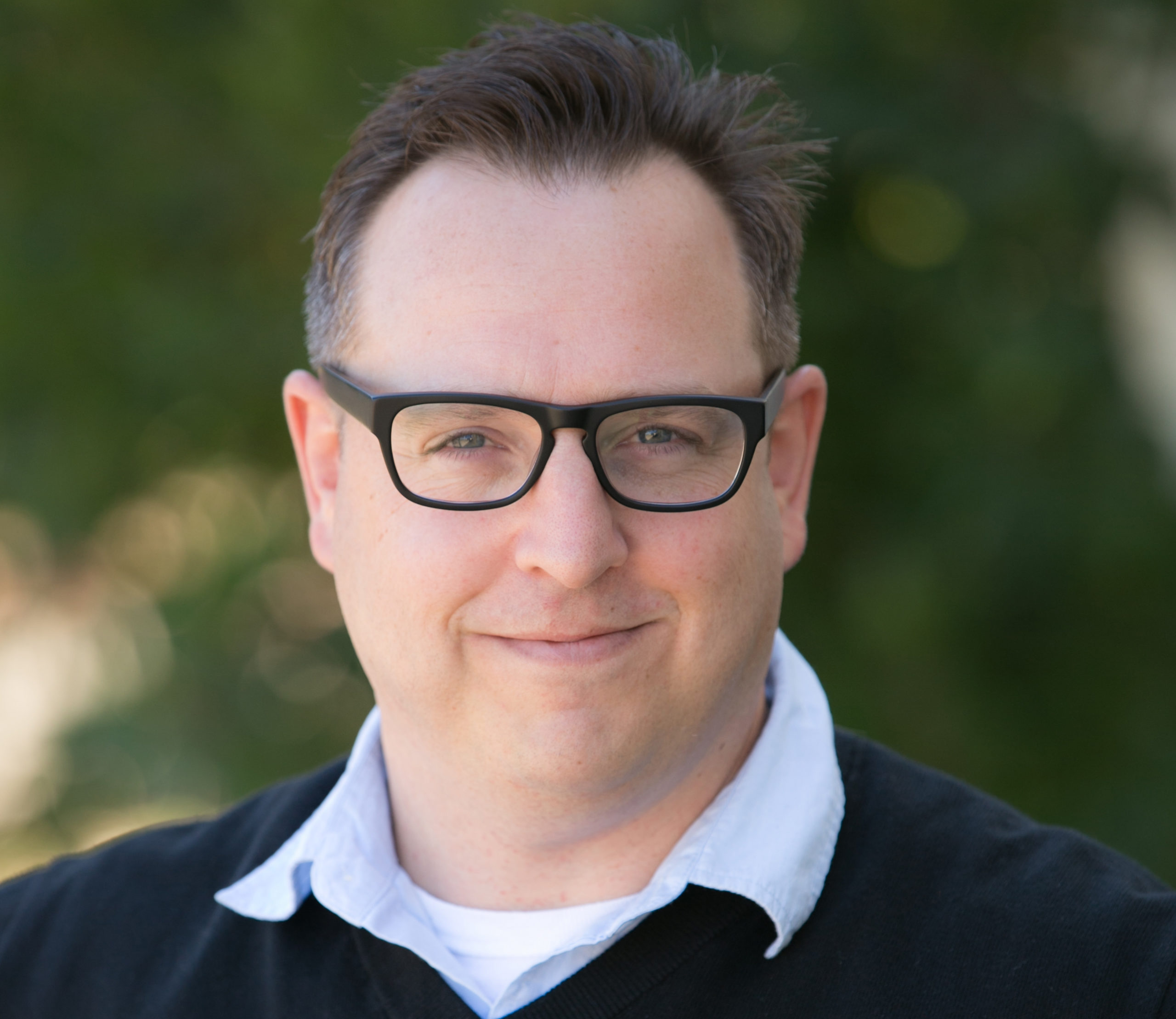Slater Matzke is working with the City of Vallejo on a marketing and communication strategy to reboot the city’s economy. Over the last couple of decades, Vallejo, an industrial city and naval center of 122,000 that sits on the north side of the San Francisco Bay, has faced a number of challenges. With the decommissioning of the Mare Island Navy Base in 1996 and the global financial crisis, the city has weathered difficult times. But now it’s primed to be a key part of the Bay Area economic engine.
The success of Matzke’s project has been contingent upon building smooth working collaborations within agencies and stakeholders. Given the complex nature of his project, here’s what he’s learned about getting buy-in during his year-long fellowship
1. BE CURIOUS, OFFER SUPPORT.
As a newcomer, you may find yourself having to explain your role in the organization. In my case, although the executive team in my project knew what my role and function was, it wasn’t necessarily apparent to the people I worked with on a daily basis. And it’s understandable — people don’t like someone to come in and be critical and create more work.
So at every opportunity, I jumped in and said, “What are you working on? How can I support your initiatives?” I tried to make clear that I’m a support mechanism and there to help them, to reduce their workload and free them up. Through these gestures, you build a rapport with individuals and they start to open up, to build confidence in you.
2. BUILD CONNECTIONS EARLY.
For my project, working with a municipality means being accountable to 122,000 different

clients on a daily basis, who sometimes have wants and needs that are in opposition with each other. Early on, I went to city council meetings to learn how the public interacts with officials, and how officials interact with the public to try and learn how to build those connections.
3. CHECK YOUR EGO AT THE DOOR.
As newcomers, we might walk into hyper-politicized environments that are extraordinarily bureaucratic. Even if we’re used to it in the private sector, we don’t need to go 100 miles an hour. We need to throttle back and pace the speed to the environment we’re entering. Bringing a big ego into the project could be a tremendous liability — and will be snuffed out quickly. My tactic: to come in and say, “Let’s be goofballs, let’s ask crazy questions!”
I chose to become a FUSE fellow because I wanted to learn about civic engagement, what it means to be an active citizen and to give back, to help drive civic participation forward. It made me realize the importance of really engaging, participating. It’s easy to stick your head in the sand and get comfortable in the private sector. But this job has made being a citizen of the U.S. more visceral. It’s made it more real.
Curious to learn more about our work? See what all our current fellows are up to, and check out our full listing for open 2017-18 fellowships.